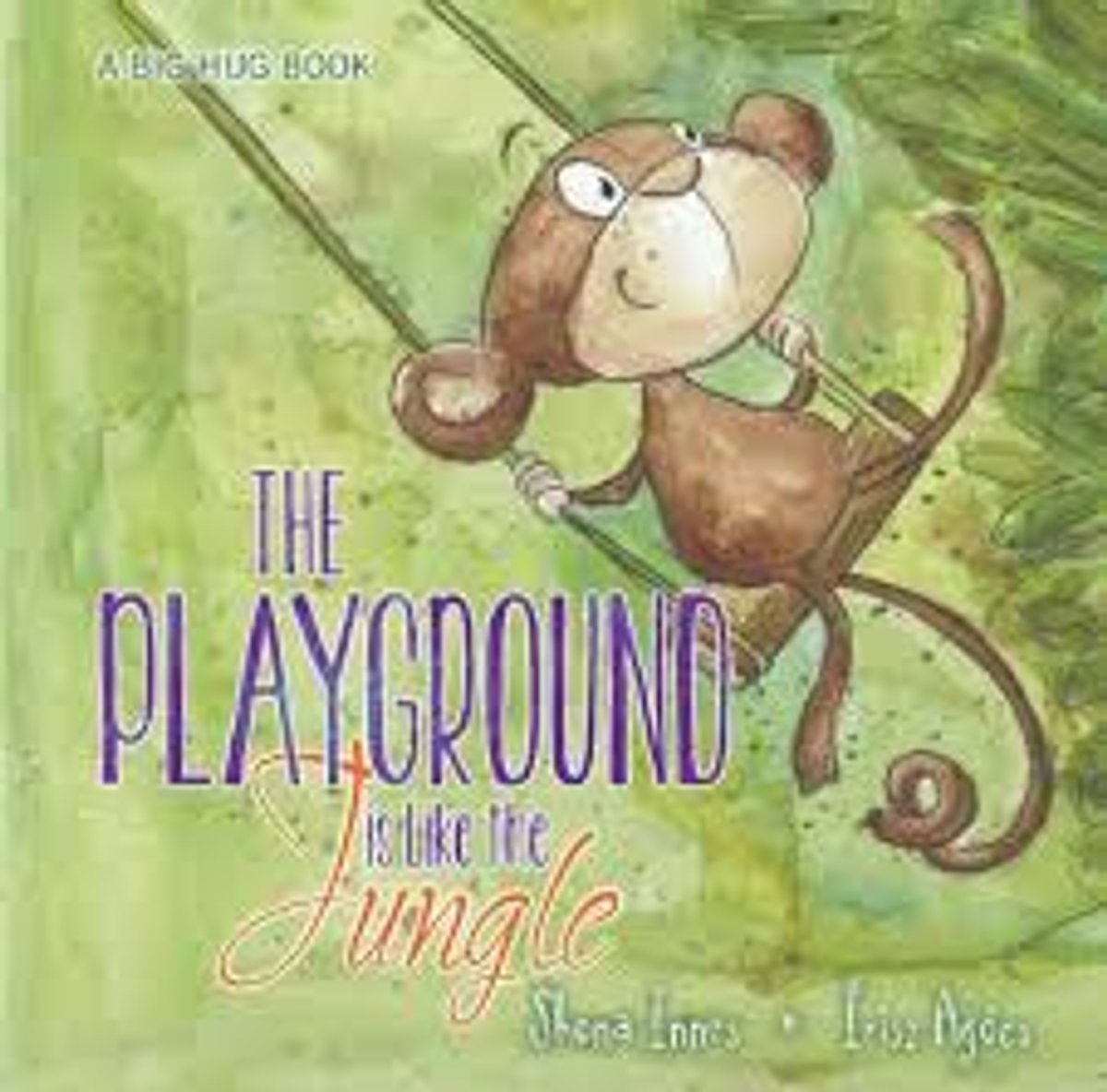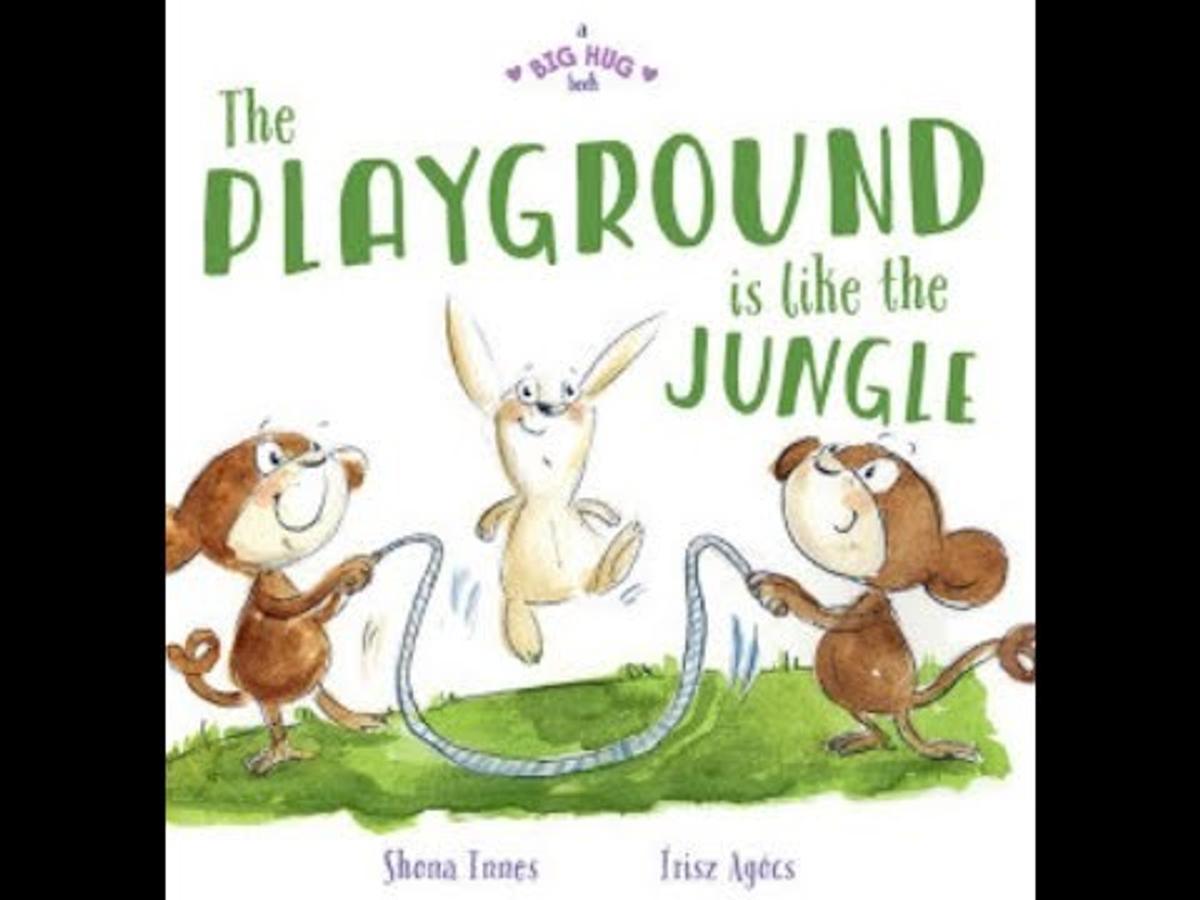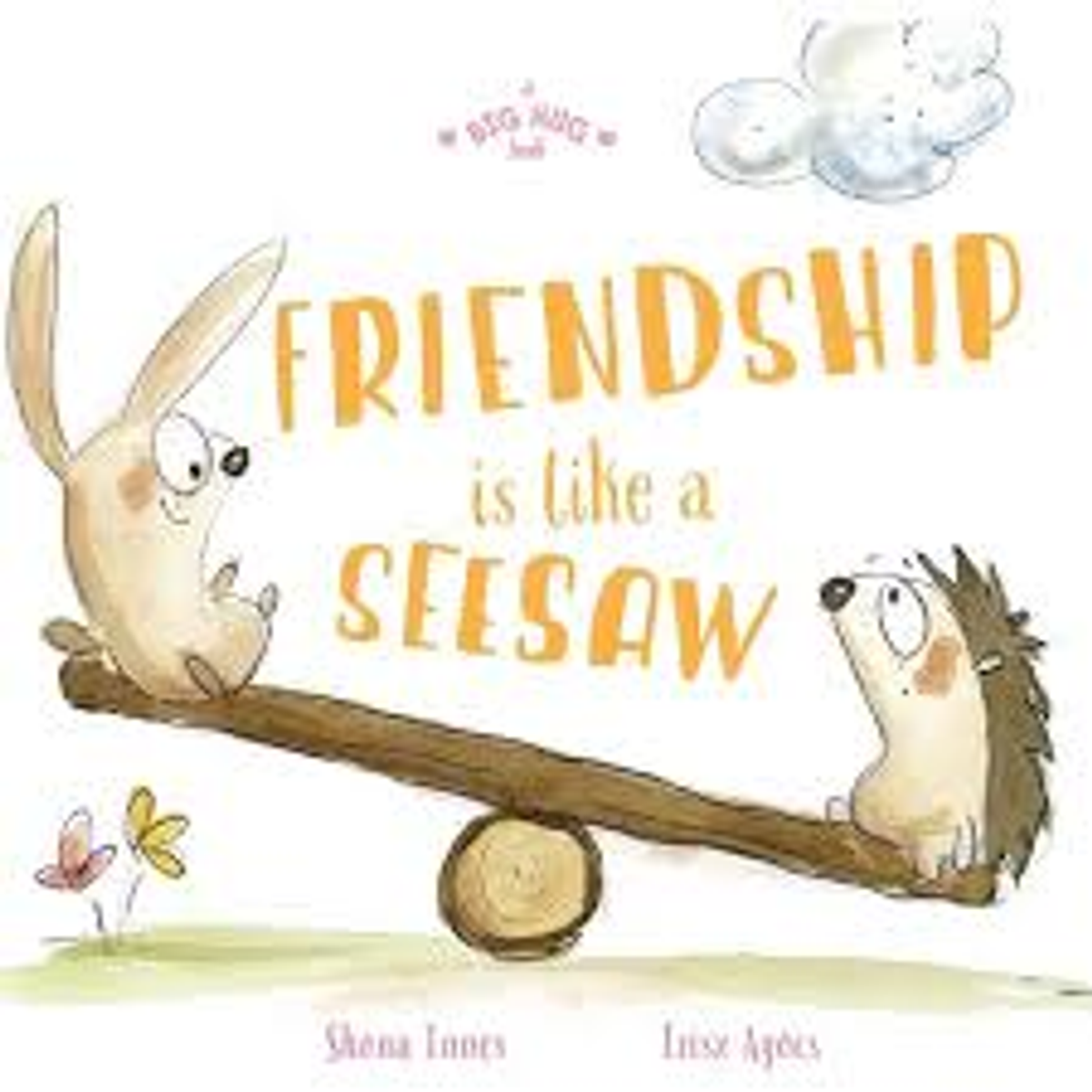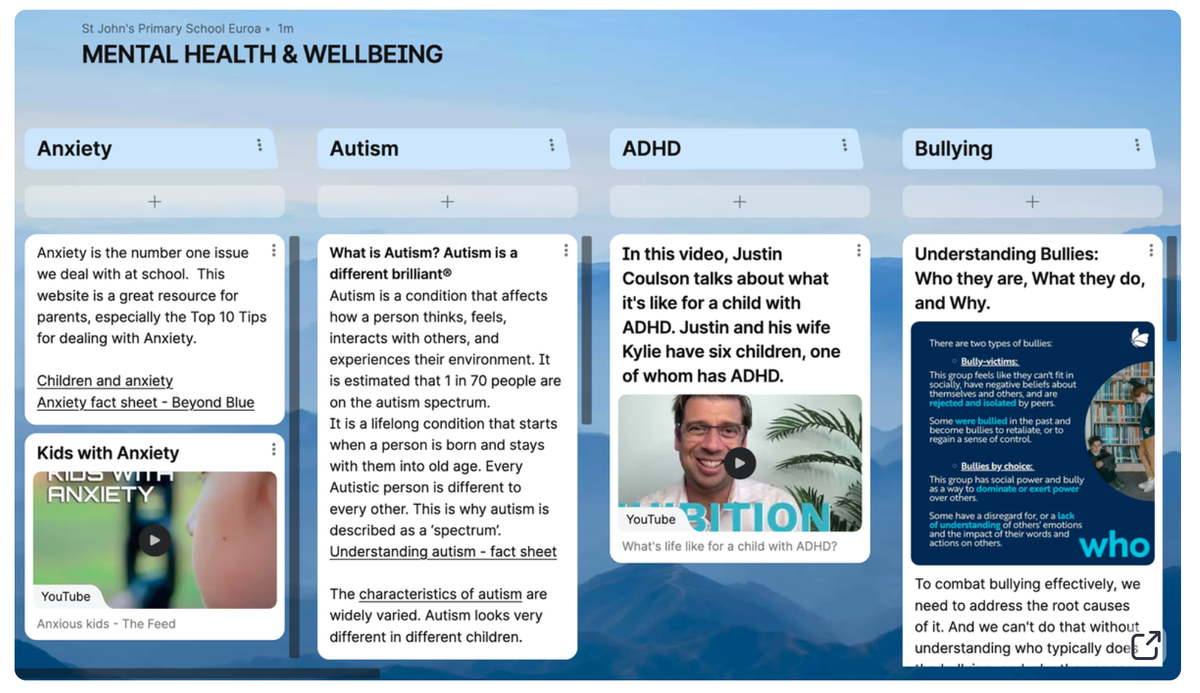Mental Health in Primary Schools: Attendance

Ally Johnston
Mental Health in Primary Schools Leader
Supporting Students in Navigating Friendships
Friendships play a vital role in a child’s social and emotional development, particularly in primary school. Strong friendships help students feel connected, boost their self-esteem, and create a sense of belonging. However, like any relationship, friendships can sometimes be challenging. Helping children navigate these ups and downs is an essential part of their growth and wellbeing.
The Importance of Friendships
Friendships help children develop key life skills, including:
- Communication – Learning how to express thoughts, listen, and resolve conflicts.
- Empathy – Understanding others' feelings and perspectives.
- Resilience – Coping with disagreements and learning to move forward.
- Teamwork – Working together and sharing ideas in a group setting.
Common Friendship Challenges
It’s normal for children to experience ups and downs in their friendships. Some common issues include:
- Exclusion – Feeling left out of groups or activities.
- Disagreements – Arguments over opinions, rules, or choices.
- Jealousy – Struggling when a friend plays with someone else.
- Misunderstandings – Reading situations differently and feeling hurt.
How We Can Support Students
✅ Encourage Positive Communication Teaching children how to express their feelings calmly, listen to others, and resolve disagreements respectfully can help them manage friendship challenges. Role-playing different situations can be a useful strategy.
✅ Promote Inclusion and Kindness Encouraging children to include others and be kind can foster a welcoming environment. Simple acts, like inviting a classmate to join a game, can make a big difference.
✅ Help Students Develop Resilience Friendships change over time, and learning to manage disappointment or disagreements is important. Helping children understand that it's okay to feel upset but also encouraging them to move forward can build resilience.
✅ Support Problem-Solving Instead of solving problems for them, guiding children to think of possible solutions can empower them. Asking questions like, “How do you think your friend felt?” or “What could you do differently next time?” helps develop critical social skills.
✅ Encourage Diverse Friendships Having a range of friends can help children feel more secure and reduce anxiety when friendships shift. Encouraging teamwork and group activities can help broaden social connections.
✅ Work Together as a Community Teachers and parents can work together to support children in navigating friendships. Keeping communication open and reinforcing positive social skills at home and school can make a significant impact.
Friendships are an important part of growing up, and while challenges are inevitable, they are also opportunities for learning. By providing guidance and support, we can help students develop the skills they need to build healthy, lasting friendships.
The Playground Is Like a Jungle by Shona Innes is a beautifully written book that helps children understand the complexities of friendships and social interactions in a playful and relatable way. Using the metaphor of a jungle, the book explores how different personalities, emotions, and social dynamics play out in the school playground.
Key Themes and How They Support Children with Friendships
- Understanding Different Personalities
- The book compares children to different jungle animals, each with its own way of interacting and playing.
- This helps children understand that not everyone plays or communicates the same way, promoting empathy and acceptance of differences.
- Navigating Social Challenges
- Just like in a jungle, friendships in the playground can be unpredictable—sometimes exciting, sometimes challenging.
- The story normalises that friendships can change, disagreements happen, and it’s okay to feel different emotions about these situations.
- Encouraging Inclusivity and Kindness
- The book highlights the importance of being aware of others, looking out for those who might feel left out, and finding ways to include different types of friends.
- This helps children develop social awareness and kindness in their interactions.
- Building Resilience in Friendships
- The jungle metaphor reinforces that sometimes friendships require patience and understanding, just like animals in a jungle learning to live together.
- It reassures children that they can overcome social challenges and find their place in the playground.
- Supporting Emotional Regulation
- The book teaches children that emotions like frustration, loneliness, or excitement are all part of friendships.
- It encourages strategies like taking deep breaths, walking away from conflict, or seeking support from a teacher or friend.
How Teachers and Parents Can Use This Book
- Encourage discussion by asking children which jungle animals they relate to and how they see their own friendships.
- Use role-play to act out different playground scenarios and explore ways to navigate challenges.
- Reinforce problem-solving by helping children come up with solutions to common friendship issues using the book’s themes.
By using The Playground Is Like a Jungle, children can gain a deeper understanding of friendships, develop empathy, and learn to navigate the social world of the playground with confidence and kindness. https://www.youtube.com/watch?v=nygw65qntIk
https://www.youtube.com/watch?v=fVPaPd75CYY
Click to access past resources




